
For the Mekong Delta, including Vinh Long, training high-quality human resources faces many challenges and requires a "model" of governance to ensure autonomous resources to improve training quality and international integration to serve development needs.
Innovating training programs according to international standards
Tra Vinh University has been strongly autonomous in academics, finance, science, training, and administration for many years. The unit currently offers a variety of training levels with 10 doctoral majors, 19 master's majors, 49 undergraduate majors, 9 majors 1 and 1 major 2 in health sciences with the following groups: Agriculture - Aquaculture, Engineering and Technology, Health Sciences, Economics - Law - Logistics, Management and Tourism, Biotechnology, Environment, Foreign Languages, Culture, Arts... designed to meet the practical needs of the Mekong Delta. The school is closely linked to the business community and expands international cooperation with more than 90 international partners.
Associate Professor, Dr. Nguyen Minh Hoa, Rector of Tra Vinh University, said that the school is one of 23 higher education institutions nationwide to be the first to pilot autonomy according to Resolution No. 77/NQ-CP dated October 24, 2014 of the Government "On piloting innovation of operating mechanisms for public higher education institutions in the period 2014 - 2017". In 2017, the school implemented group 1 autonomy according to the pilot project of innovation of operating mechanisms according to Decision No. 486/QD-TTg dated April 13, 2017 of the Prime Minister on "approval of the pilot project of innovation of operating mechanisms of Tra Vinh University". Being granted full autonomy in academics, organization and finance helps the school proactively innovate governance, develop training programs according to international standards; at the same time, expand cooperation and integrate deeply.
The school has been ranked in the top 100 most innovative, influential and socially contributing schools for 6 consecutive years. In particular, in 2025, the school ranked 29th in the top 400 universities in the world (according to WURI Ranking), up 13 places compared to 2024. For many consecutive years, Tra Vinh University has been in the top 200 universities with a green and sustainable educational environment (according to UI GreenMetric Ranking); 3 consecutive years (2022, 2023, 2024) won the excellent digital transformation award... The unit has 27 training programs that have achieved international quality accreditation according to prestigious standards such as: FIBAA (Europe), AUN-QA (Southeast Asia) and ABET (USA). This is an impressive number that puts Tra Vinh University in the group of universities with the highest number of internationally accredited programs in the Mekong Delta region.

According to Associate Professor, Dr. Nguyen Minh Hoa, in the socio-economic development strategy for the period 2025 - 2030, the province decided to choose the development of high-quality human resources as a breakthrough in parallel with the development of infrastructure and digital infrastructure. These strategic pillars, when implemented synchronously, will create a solid foundation for the province to focus on developing key economic sectors, in line with the general development trend and international experience. In fact, advanced countries such as the United States, South Korea, and Japan, when developing strategic technology fields, all focus on investing in high-quality human resources.
With the responsibility of a major training and research center in the region, Tra Vinh University will continue to enhance its role and responsibility and accompany other higher education institutions to realize the strategy of developing high-quality human resources. The school constantly innovates its training programs according to international standards, linking training with business needs.
A typical example is the Canadian “Co-op Model” (Cooperative Education) that has been effectively implemented by the school for many years. Accordingly, students have jobs and income during their studies; and businesses proactively recruit suitable workers without having to spend time retraining. In addition, the school also develops research and innovation centers associated with regional advantages. A typical example is the Mekong Delta Coconut Research Institute - which focuses on research, conservation and crossbreeding of high-yielding coconut varieties; contributing to helping the province become the largest coconut production, processing and export center in the country.
The school has expanded international cooperation in the field of renewable energy with partners such as Denmark, Germany, Japan and Taiwan to prepare human resources and technology for wind energy, green hydrogen and sustainable energy conversion.
With a solid foundation, the school aims to develop into an advanced and internationally integrated higher education institution, forming a Mekong region innovation and entrepreneurship center, linked with the Business Incubator and the startup support network of schools in the region.
In particular, the unit continues to focus on developing applied research topics that directly serve businesses, especially in the fields of agricultural processing industry, supporting industry and digital technology... Tra Vinh University will become a center for training high-quality human resources, directly serving key economic sectors and spearhead industries to meet the socio-economic development needs of the locality and the Mekong Delta region.
Specific policies to develop and improve the quality of human resources

The Mekong Delta is an economic region that is assessed to have many advantages and development potential. According to statistics in 2022, the population here is more than 17.4 million people, accounting for 17.5% of the country's population; workers aged 15 and over account for 54% of the region's population. In recent years, the Mekong Delta has had many specific policies and strategies for development and improving the quality of human resources. Specifically, the proportion of trained workers has improved significantly, developing human resources and contributing positively to the overall development of the region and the country.
Up to now, the whole region has 17 universities (including 6 non-public universities) carrying out the task of training and developing human resources for the region. Among them, many schools have quality, training scale from 3,000 to nearly 10,000 students per year with diverse training majors, prestigious such as: Can Tho University, Tra Vinh University...
However, the Mekong Delta still faces many difficulties and challenges in training and improving the quality of high-quality human resources to meet the general requirements of the region's socio-economic development strategy. One of those difficulties is the educational level of the workforce.
According to the 2022 annual economic report, the rate of trained workers in the Mekong Delta is 14.9%; the rate of the workforce with a university degree or higher (6.8%) is the lowest in the country, 11.9% lower than the national average. Compared to other key economic regions, this rate has a large difference such as: Red River Delta is 37.1%; North Central is 26.7%; Southeast is 28.2%.
Implementing the policy of restructuring the public school system in the spirit of Resolution 71 towards forming strong, interdisciplinary, autonomous universities, the Mekong Delta region has universities with scale and capacity to act as "models" and take on the role of leading the higher education system in the region, both training high-quality human resources and researching and transferring science and technology to serve sustainable development.
In particular, Can Tho University (Can Tho city) is considered a major science and technology center in the Mekong Delta; Tra Vinh University (in Vinh Long) is a multidisciplinary, autonomous university model, connecting the community and businesses - suitable for the potential, strengths and specificity for the development of the region. These two universities are expected to continue to play an independent, pioneering role, contributing resources and sharing experiences in the network of universities in the Mekong Delta...
Source: https://baotintuc.vn/giao-duc/xay-dung-nguon-nhan-luc-chat-luong-cao-de-tao-chuyen-doi-ve-chat-20251021102954854.htm


![[Photo] Da Nang residents "hunt for photos" of big waves at the mouth of the Han River](https://vphoto.vietnam.vn/thumb/1200x675/vietnam/resource/IMAGE/2025/10/21/1761043632309_ndo_br_11-jpg.webp)
![[Photo] Prime Minister Pham Minh Chinh meets with Speaker of the Hungarian National Assembly Kover Laszlo](https://vphoto.vietnam.vn/thumb/1200x675/vietnam/resource/IMAGE/2025/10/20/1760970413415_dsc-8111-jpg.webp)
![[Photo] Prime Minister Pham Minh Chinh received Mr. Yamamoto Ichita, Governor of Gunma Province (Japan)](https://vphoto.vietnam.vn/thumb/1200x675/vietnam/resource/IMAGE/2025/10/21/1761032833411_dsc-8867-jpg.webp)



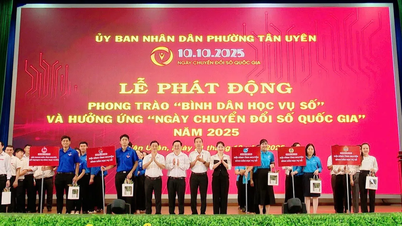

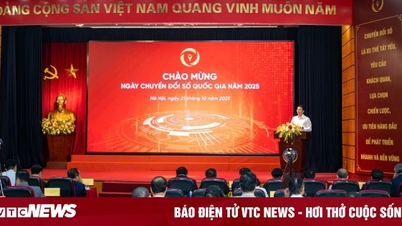

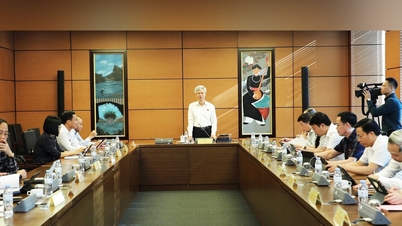

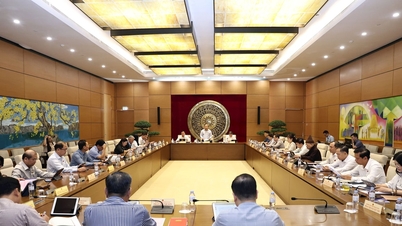
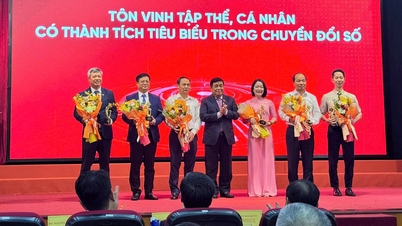

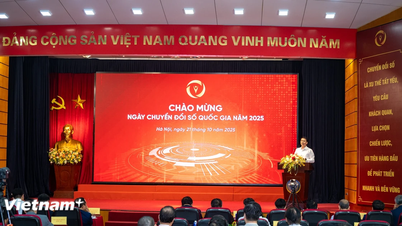

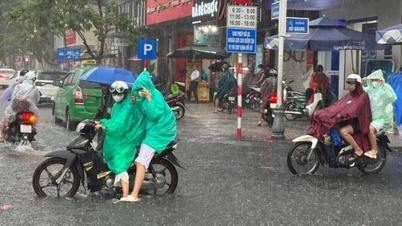


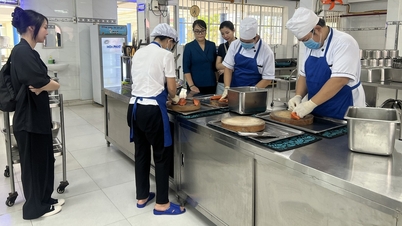

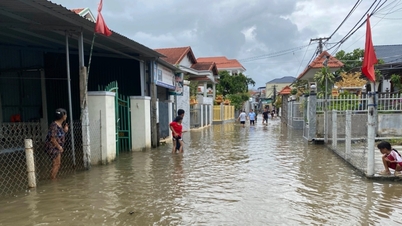










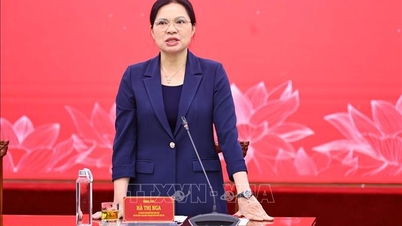
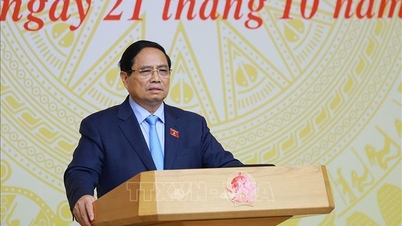
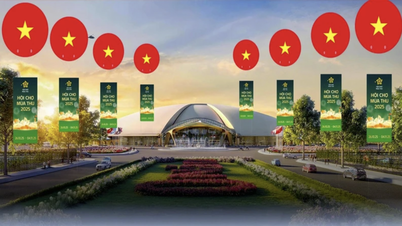
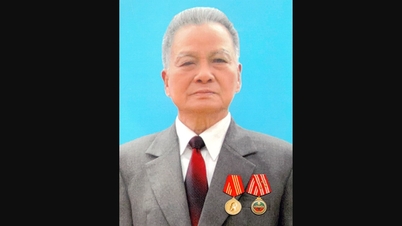




















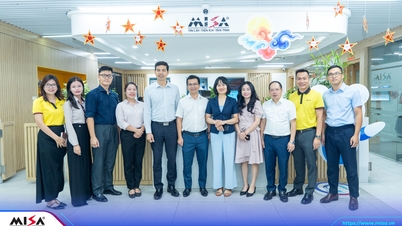














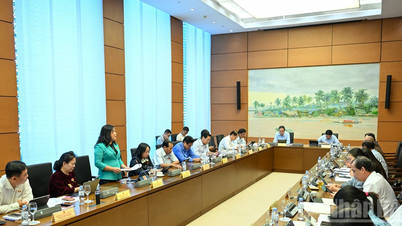
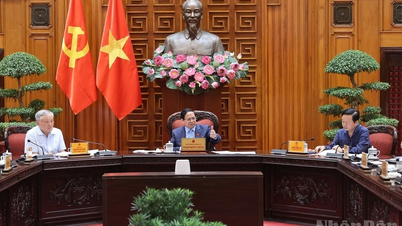
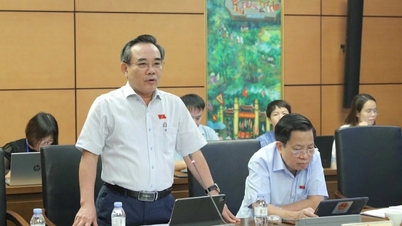
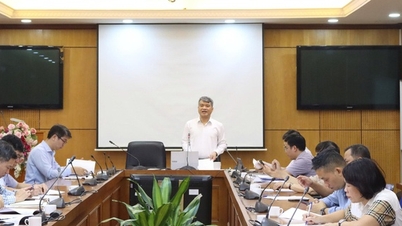
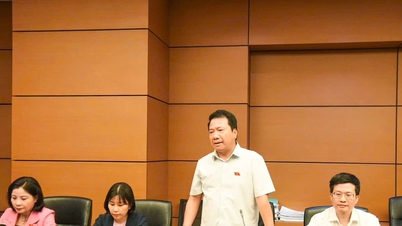
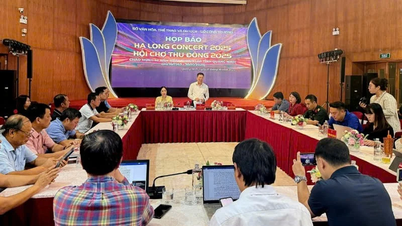
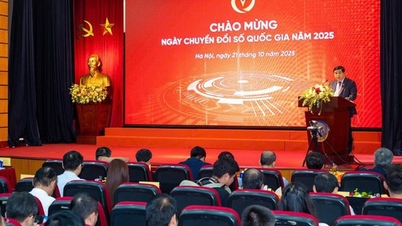


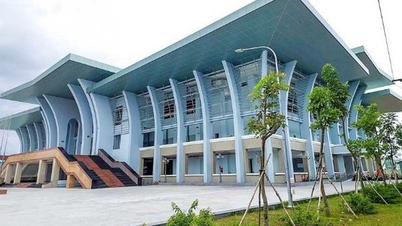
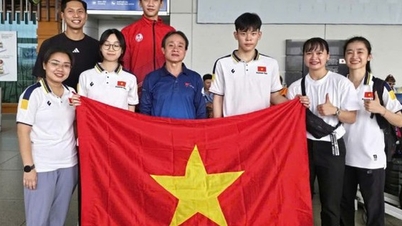

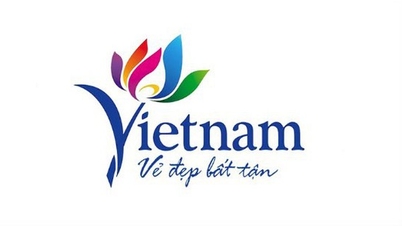


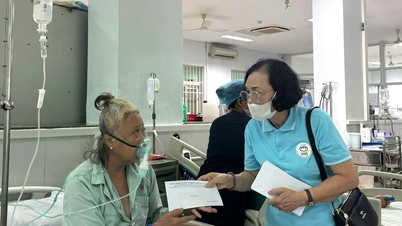

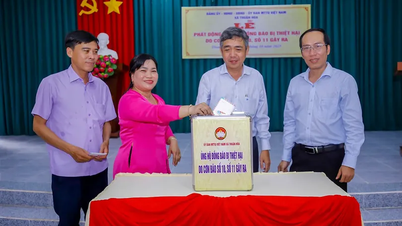



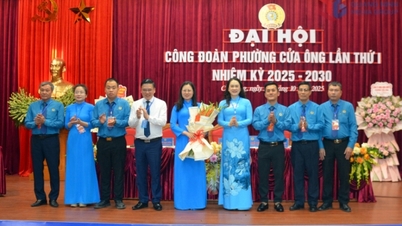

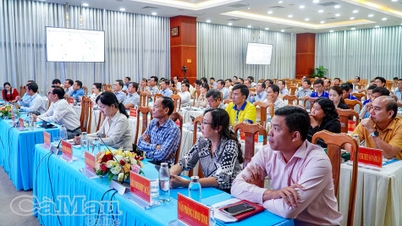















Comment (0)